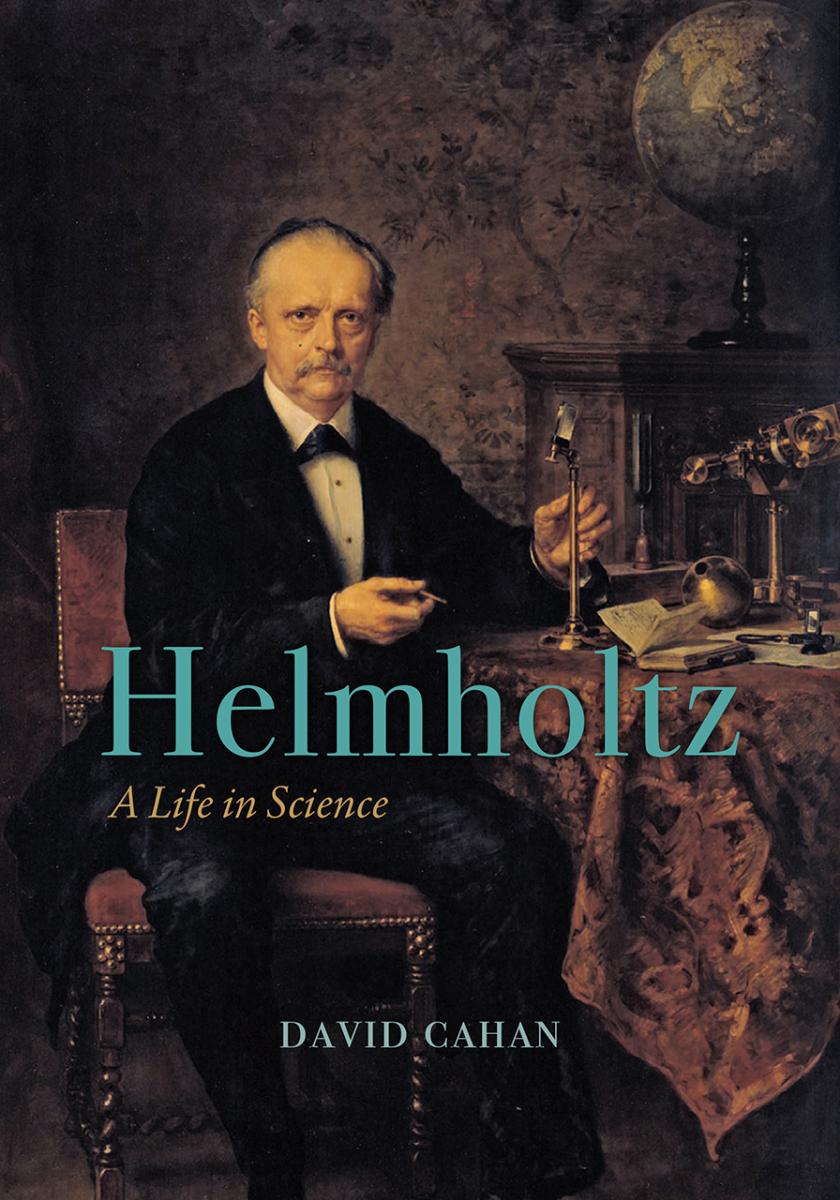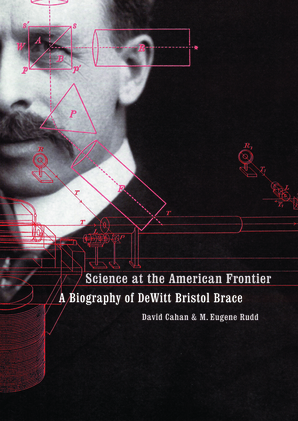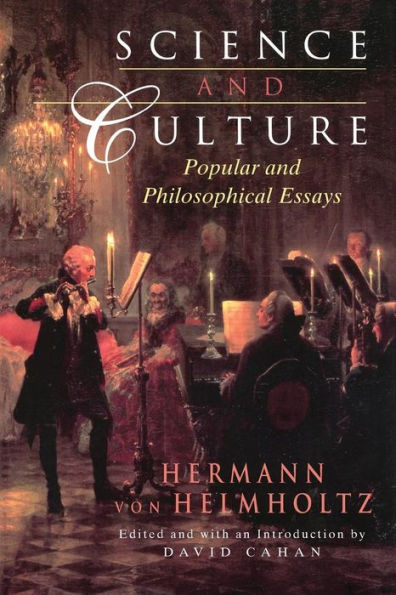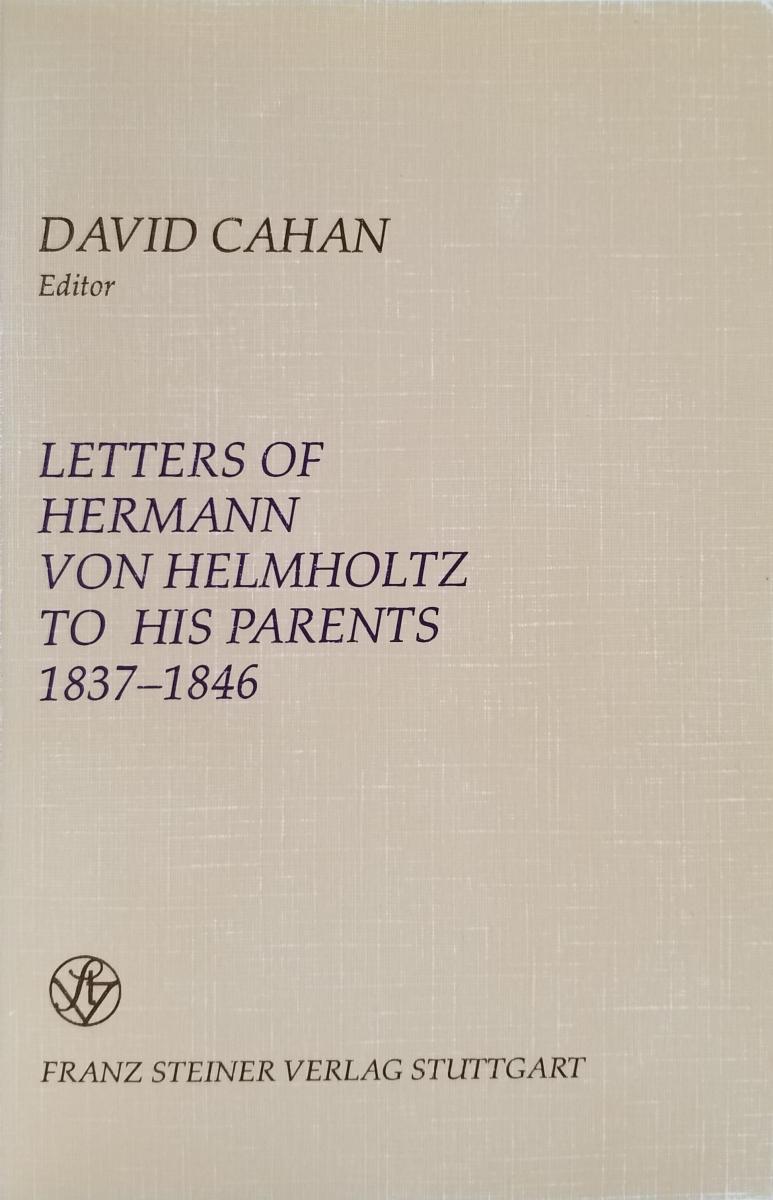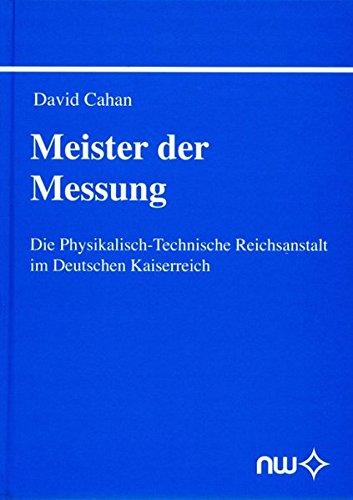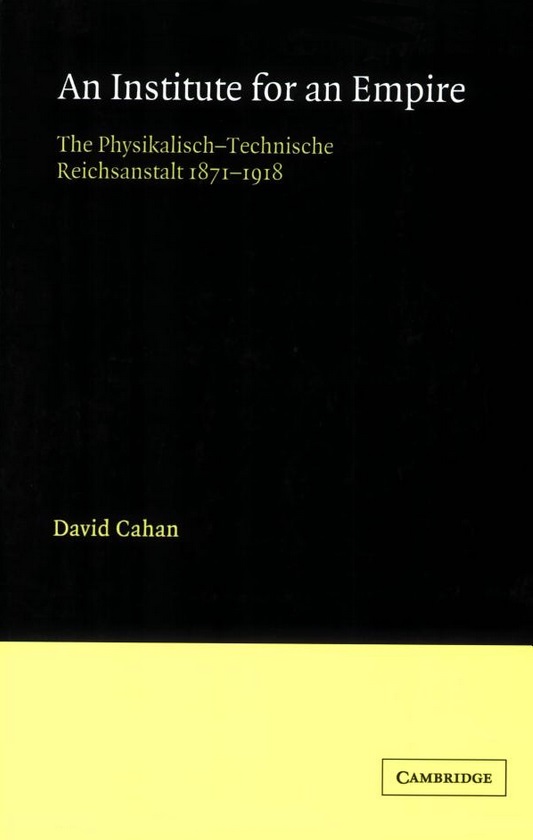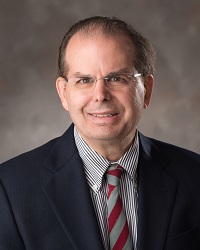
JOINED THE DEPARTMENT
1982
I’m an historian of modern science, and my main research interests include the historical relationships of science and society since 1500, including the relationships of technological innovation to science and society, and issues of science and culture. More particularly, I’m interested in the history of natural philosophy/physics; the relationships between science, technology, and economic growth, especially during the period 1871-1918; and the Nobel Prizes.
I have just published a long biography of a major nineteenth-century German scientist: Helmholtz: A Life in Science (Chicago: University of Chicago Press, 2018). Hermann von Helmholtz was one of the major figures in nineteenth-century German (and European) science. My biography seeks both to portray Helmholtz’s life and work, and to explore the broader context and larger-scale developments of nineteenth-century science and culture as these affected Helmholtz and as he in turn affected them. I’ve edited three previous books by or about him: Letters of Hermann von Helmholtz to His Parents: The Medical Education of a German Scientist, 1837-1846 (Stuttgart: Steiner Verlag, 1993); Hermann von Helmholtz and the Foundations of Nineteenth-Century Science (Berkeley: University of California Press, 1994); and Science and Culture: Popular and Philosophical Essays (Chicago: University of Chicago Press, 1995). My interests in issues of science and technology can also be seen in my first book, An Institute for an Empire: The Physikalisch-Technische Reichsanstalt, 1871-1918 (Cambridge: Cambridge University Press, 1989; paperback reprint, 2004), while my interests in American science can be seen in my co-authored (with M. Eugene Rudd), Science at the American Frontier: A Biography of DeWitt Bristol Brace (Lincoln: University of Nebraska Press, 2000). I have also edited a volume on the historiography of nineteenth-century science: From Natural Philosophy to the Sciences: Writing the History of Nineteenth-Century Science (Chicago: University of Chicago Press, 2003).
My teaching interests cover several broad areas, including the history of science from the ancient Greeks to the present; the history of Modern Europe (ca. 1700 to the present), European Intellectual history (Enlightenment to the present); and the history of American technology (“From Edison to Facebook”).
TEACHING SUBJECTS
A. History of Science (and Technology)
History of Science (ancient to present)
History of Modern Science (1500 to present)
The Culture of Science and Technology
Science, Technology, and Culture
Science and Technology in the Making of the Modern World Economy
B. Modern European Intellectual History
Modern European Intellectual History (1500 to present)
The Enlightenment
Nineteenth-Century European Intellectual History
Twentieth-Century European Intellectual History
SELECTED HONORS AND AWARDS
- Creative Activities Enhancement Program For Faculty in the Humanities and Social Sciences, UNL 2015
- James A. Rawley Faculty Research Grant (UNL, Department of History, 2017)
- Charles Henry Oldfather Award (UNL, Department of History, 2016)
- Research Council Grant-in-Aid, UNL 2015
- Creative Activities Enhancement Program For Faculty in the Humanities and Social Sciences, UNL 2015
- Albin T. and Pauline Anderson Award (UNL, Department of History 2011)
- National Science Foundation (2005-7)
- Arts & Humanities Research Enhancement Fund (UNL, 2004)
- Senior Fellow, Dibner Institute for the History of Science and Technology, Massachusetts Institute of Technology (2004-5)
- Charles Bessey Professor (2003-)
- Faculty Grant-in-Aid, University of Nebraska Research Council (2002)
- Chargé de recherche associé (Invited Fellow), Centre de la Recherche en Histoire des Sciences et des Techniques, Cité des Sciences, Paris (1997)
- National Endowment for the Humanities, Research Division, Program in Science, Technology, and the Humanities (1994-96)
- German Academic Exchange Service (DAAD) Award (1994, declined)
- National Endowment for the Humanities Travel to Collections Award (1990)
- German Academic Exchange Service (DAAD) Award (1988)
- Layman Fund Award, University of Nebraska (1987-88)
- German Academic Exchange Service (DAAD) Award (1987, declined)
- National Science Foundation Award (1985)
- Fulbright Research Fellowship Recipient to the Federal Republic of Germany (1975-76)
BOOKS
SELECTED ARTICLES
- “The Awarding of the Copley Medal and the ‘Discovery’ of the Law of Conservation of Energy: Joule, Mayer, and Helmholtz Revisited.” Notes and Records of the Royal Society of London. Vol. 66. 2012. Pp. 125-39.
- “Helmholtz and the British Scientific Elite: From Force Conservation to Energy Conservation.” Notes and Records of the Royal Society of London. Vol. 66. 2012. Pp. 55-68.
- “Helmholtz in Gilded-Age America: The International Electrical Congress of 1893 and the Relations of Science and Technology.” Annals of Science. Vol. 67:1. 2010. Pp. 1-38.
- “The ‘Imperial Chancellor of the Sciences’: Helmholtz between Science and Politics.” Social Research. Vol. 73:4. Winter 2006. Pp. 1093-1128.
- “Helmholtz and the Ideals of Science and Culture in Gilded Age America.” Revista da Sociedade Brasileira de História da Ciência. Vol. 4:1. 2006. Pp. 6-16.
- “Hermann von Helmholtz und die Ausgestaltung der amerikanischen Physik im Gilded Age.” In Universität der Gelehrten–Universität der Experten: Adaptionen deutscher Wissenschaft in den USA des neunzehnten Jahrhunderts. Eds., Philipp Löser and Christoph Strupp. Transatlantische Historische Studien Band 24. Stuttgart: Franz Steiner Verlag, 2005. Pp. 71-87.
- “Helmholtz and the Shaping of the American Physics Elite in the Gilded Age,” Historical Studies in the Physical and Biological Sciences. Vol. 35:1. 2004. Pp. 1-34.
SELECTED CONFERENCE PAPERS AND INVITED LECTURES
- Invited Presentation: Delivered a paper entitled “Historiographical Advantages of Biography: Helmholtz as Example,” at the University of Chicago, Workshop, Committee on Conceptual and Historical Studies of Science. 14 October 2016.
- Lecture Presentation: “The Reception of Helmholtz’s On the Sensations of Tone: Celebrity vs. Enlightenment,” at the Boston Colloquium for the Philosophy of Science, 22 March 2013, for a symposium devoted to the “150th Anniversary of Hermann von Helmholtz’s Landmark Work On the Sensations of Tone as a Physiological Basis for the Theory of Music.”
- Co-organized a session on “The Heidelberger Kreis of Scientists at Mid-Century: Teaching, Research, and International Fame,” and delivered a paper entitled “Helmholtz and Heidelberg’s Fame,” at the annual meeting of the History of Science Society, Cleveland, Ohio, November 2011.
- Organized and introduced a session on “Environment and Evolution on the Great Plains, 1809-2009,” for the Celebrating Darwin’s Legacy Symposium, 26-28 March 2009.
- Presented a paper on “Johannes Müller as Mentor and Model for Helmholtz,” at a conference on “Johannes Müller’s Vision,” Berlin, Germany, 10-11 October 2008.
- “Helmholtz as ‘Imperial Chancellor of the Sciences’: Between Science and Politics.” Invited lecture at Washington University in St. Louis, 28 March 2007.
- “Helmholtz and the Ideals of Science and Culture in Gilded Age America.” Invited keynote address to the 10th National Seminar on the History of Science and Technology, Belo Horizonte, Brazil, 17-19 October 2005.
